Alternative Medicine
Alternative medicine refers to medical treatments that are used instead of traditional (mainstream) therapies. These treatments are often based on natural remedies and holistic approaches to health and wellness.
Types of Alternative Medicine
- Herbal Medicine: The use of plants and plant extracts to treat and prevent illness.
- Acupuncture: A traditional Chinese medicine practice that involves inserting thin needles into the body at specific points to relieve pain and promote healing.
- Chiropractic Care: A form of alternative medicine focused on the diagnosis and treatment of mechanical disorders of the musculoskeletal system.
- Meditation and Mindfulness: Practices that focus on the mind-body connection to promote relaxation and reduce stress.
- Homeopathy: A system of alternative medicine based on the principle of "like cures like," using highly diluted substances to stimulate the body's natural healing processes.
Studying Alternative Medicine
If you are interested in learning more about alternative medicine, here are some key areas to focus on:
- History: Explore the origins and development of various alternative medicine practices, including their cultural and historical contexts.
- Principles: Understand the underlying principles and philosophies that guide different alternative medicine approaches, such as the concept of energy flow in acupuncture or the vital force in homeopathy.
- Evidence-Based Research: Investigate the scientific evidence supporting the effectiveness and safety of alternative medicine treatments, as well as any potential risks or limitations.
- Integration with Conventional Medicine: Examine how alternative medicine can complement or integrate with traditional medical practices to provide comprehensive care for patients.
By studying these aspects of alternative medicine, you can gain a deeper understanding of the diverse approaches to health and wellness and their potential impact on individuals and communities.
.◂Science Worksheets and Study Guides Sixth Grade. Fishes, Amphibians, and Reptiles
Study Guide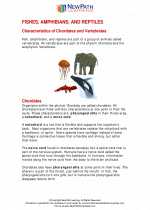 Fishes, Amphibians, and Reptiles
Fishes, Amphibians, and Reptiles  Activity Lesson
Activity Lesson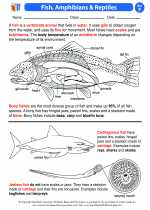 Fish, Amphibians & Reptiles
Fish, Amphibians & Reptiles  Worksheet/Answer key
Worksheet/Answer key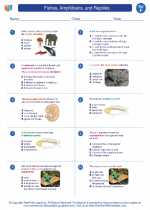 Fishes, Amphibians, and Reptiles
Fishes, Amphibians, and Reptiles  Worksheet/Answer key
Worksheet/Answer key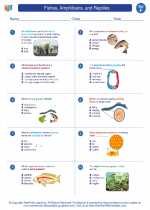 Fishes, Amphibians, and Reptiles
Fishes, Amphibians, and Reptiles  Worksheet/Answer key
Worksheet/Answer key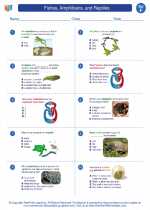 Fishes, Amphibians, and Reptiles
Fishes, Amphibians, and Reptiles  Worksheet/Answer key
Worksheet/Answer key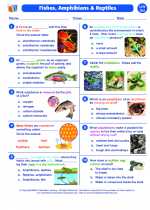 Fishes, Amphibians, and Reptiles
Fishes, Amphibians, and Reptiles  Vocabulary/Answer key
Vocabulary/Answer key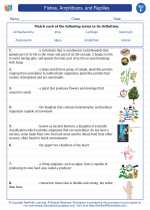 Fishes, Amphibians, and Reptiles
Fishes, Amphibians, and Reptiles  Vocabulary/Answer key
Vocabulary/Answer key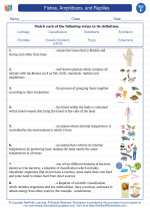 Fishes, Amphibians, and Reptiles
Fishes, Amphibians, and Reptiles  Vocabulary/Answer key
Vocabulary/Answer key Fishes, Amphibians, and Reptiles
Fishes, Amphibians, and Reptiles  Vocabulary/Answer key
Vocabulary/Answer key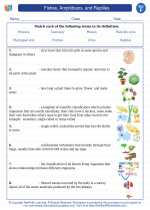 Fishes, Amphibians, and Reptiles
Fishes, Amphibians, and Reptiles  Vocabulary/Answer key
Vocabulary/Answer key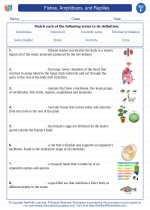 Fishes, Amphibians, and Reptiles
Fishes, Amphibians, and Reptiles 

 Activity Lesson
Activity Lesson
 Worksheet/Answer key
Worksheet/Answer key
 Worksheet/Answer key
Worksheet/Answer key
 Worksheet/Answer key
Worksheet/Answer key
 Worksheet/Answer key
Worksheet/Answer key
 Vocabulary/Answer key
Vocabulary/Answer key
 Vocabulary/Answer key
Vocabulary/Answer key
 Vocabulary/Answer key
Vocabulary/Answer key
 Vocabulary/Answer key
Vocabulary/Answer key
 Vocabulary/Answer key
Vocabulary/Answer key

The resources above cover the following skills:
LIFE SCIENCE
From Molecules to Organisms: Structures and Processes